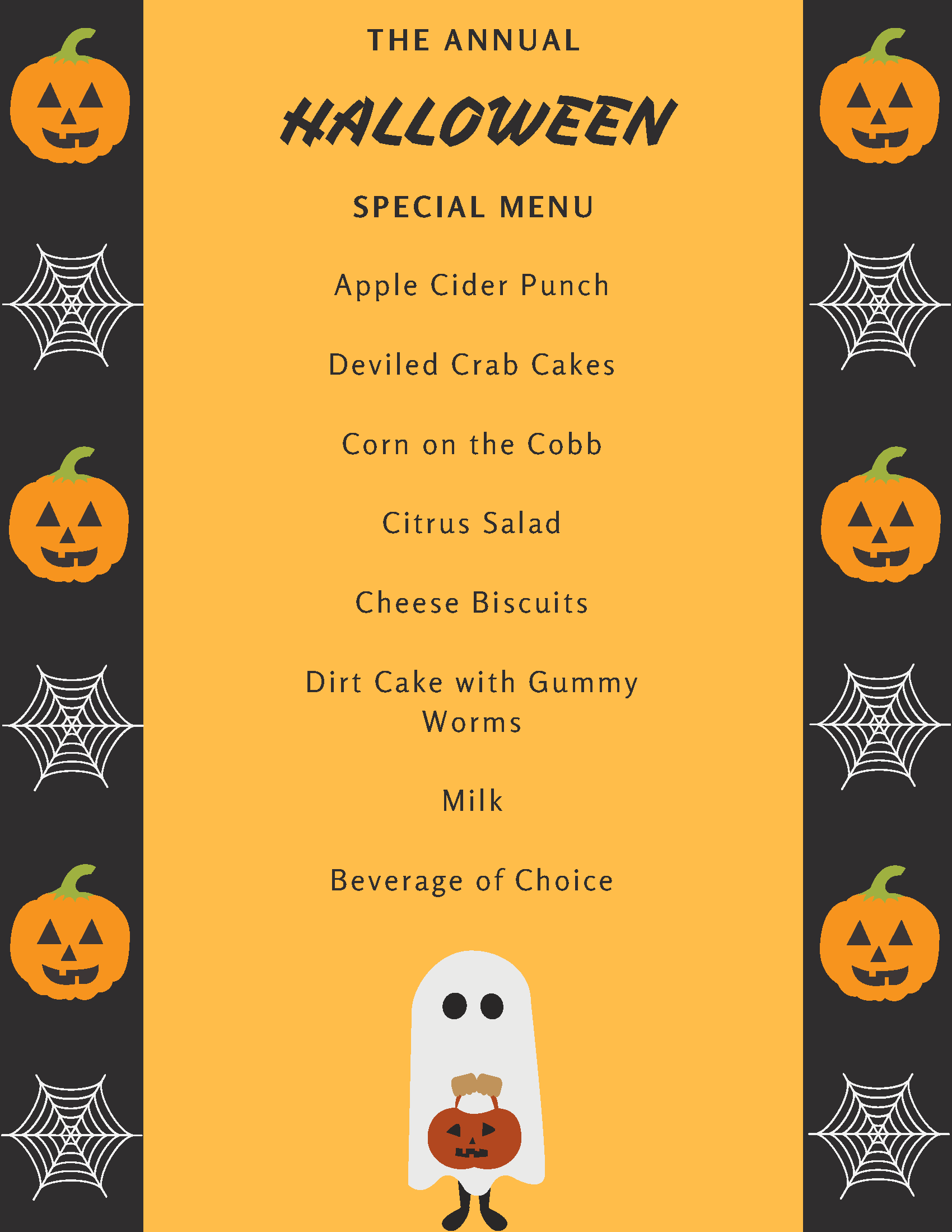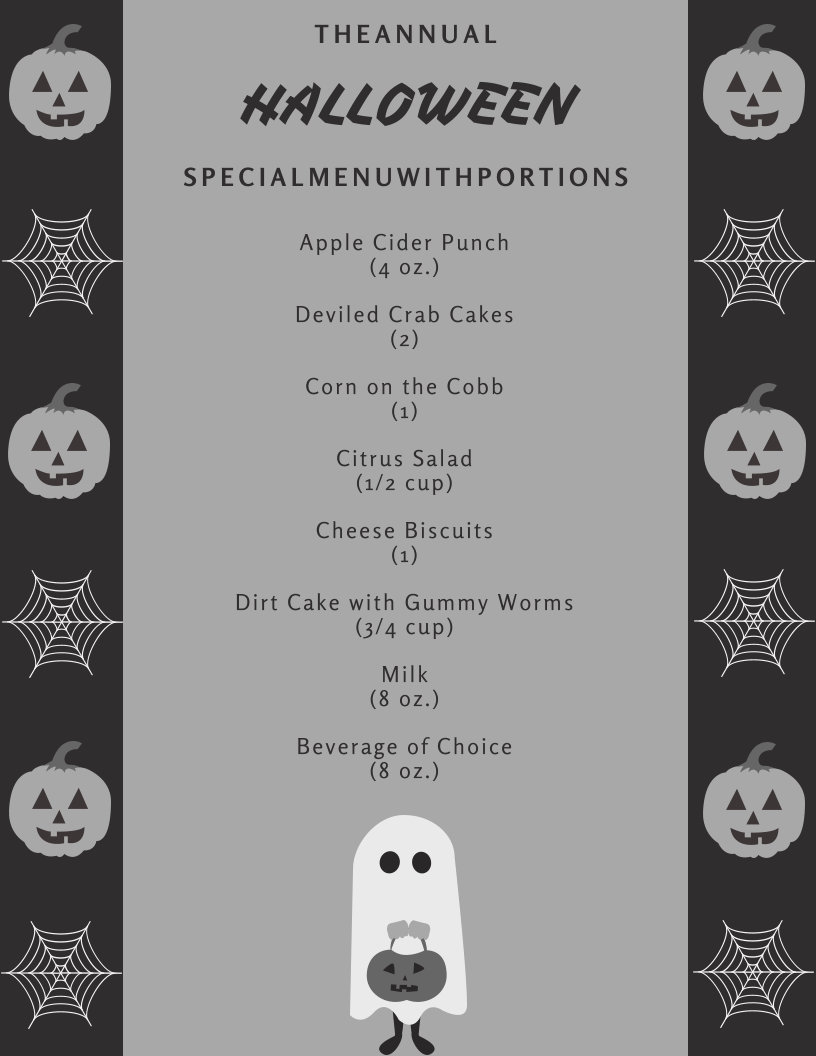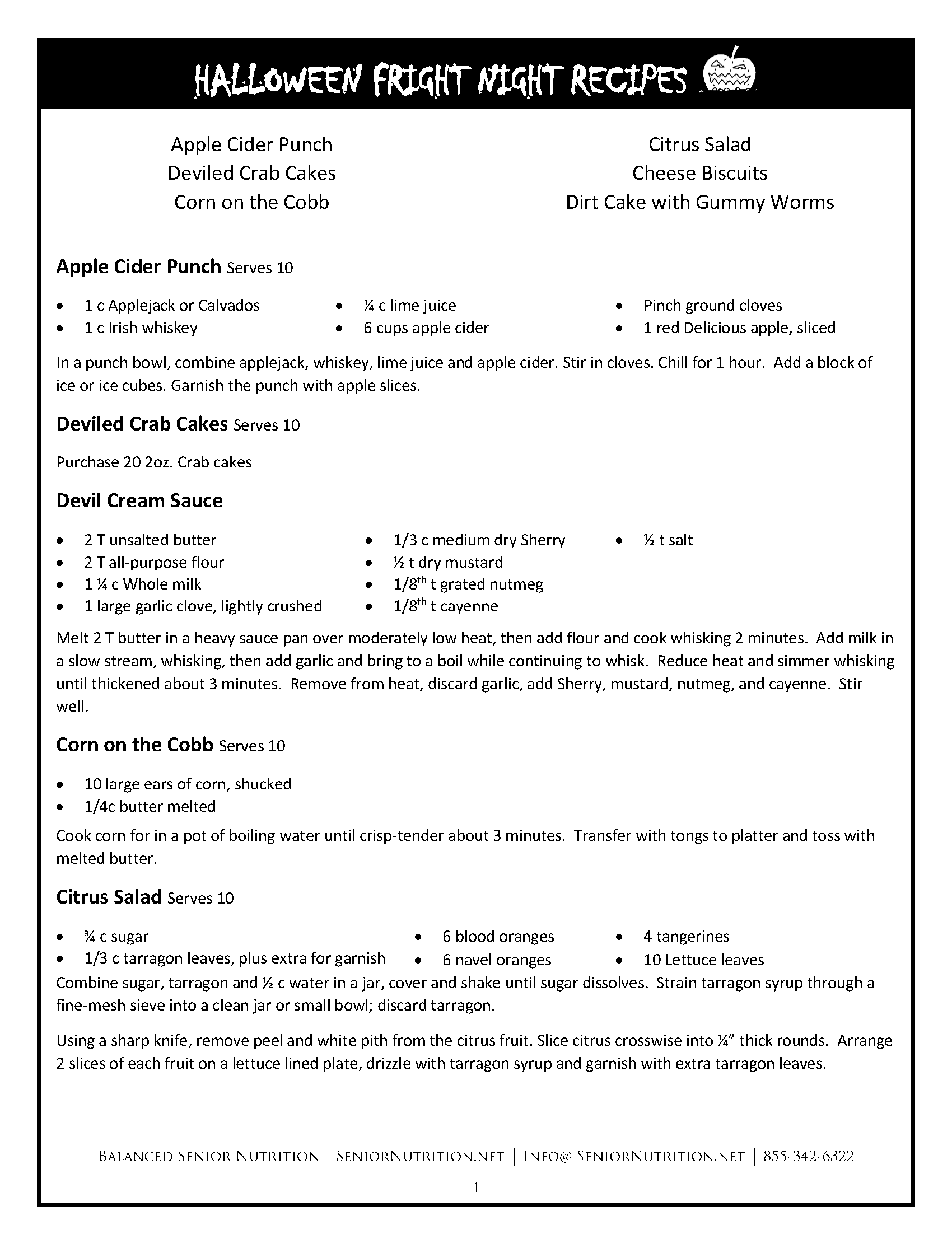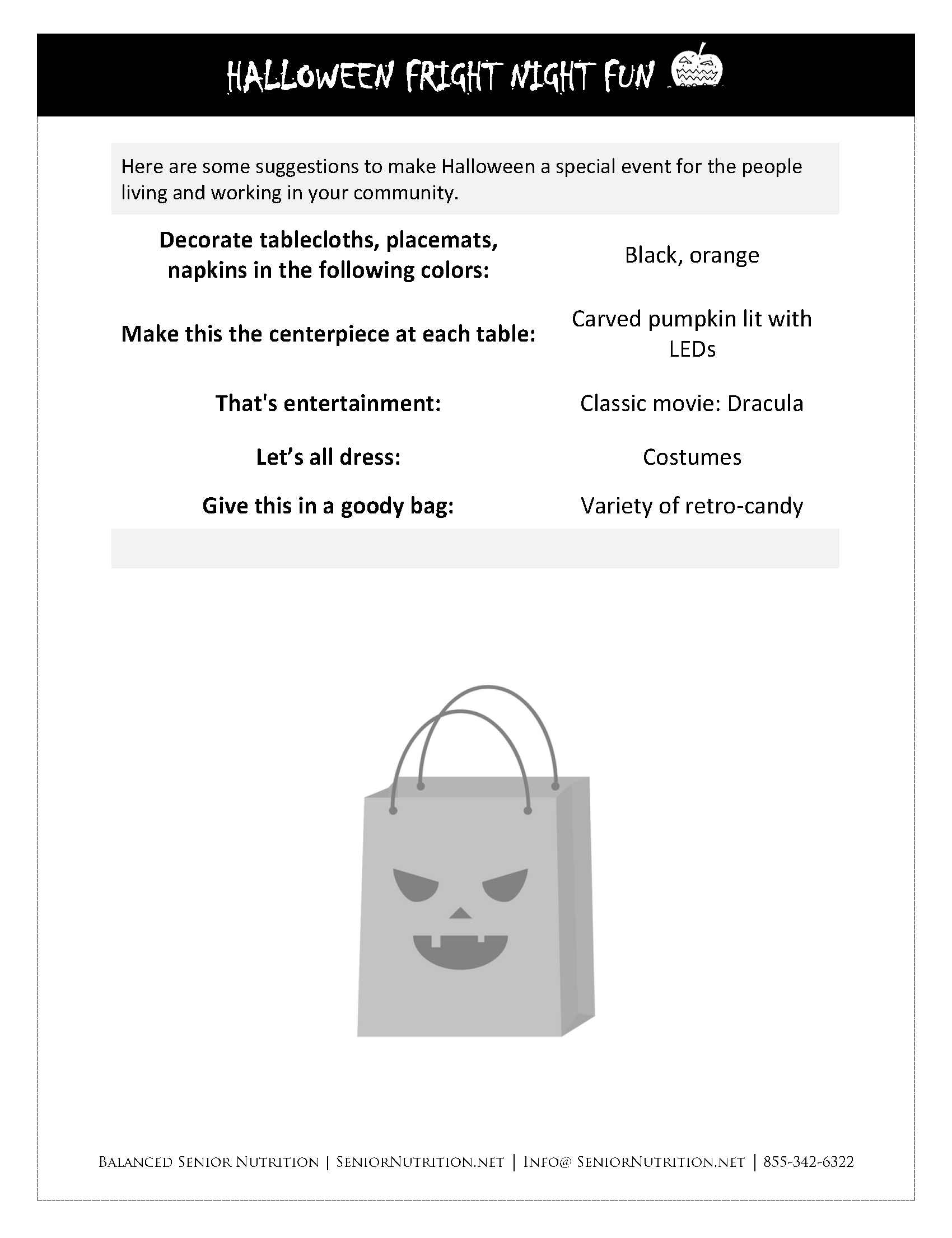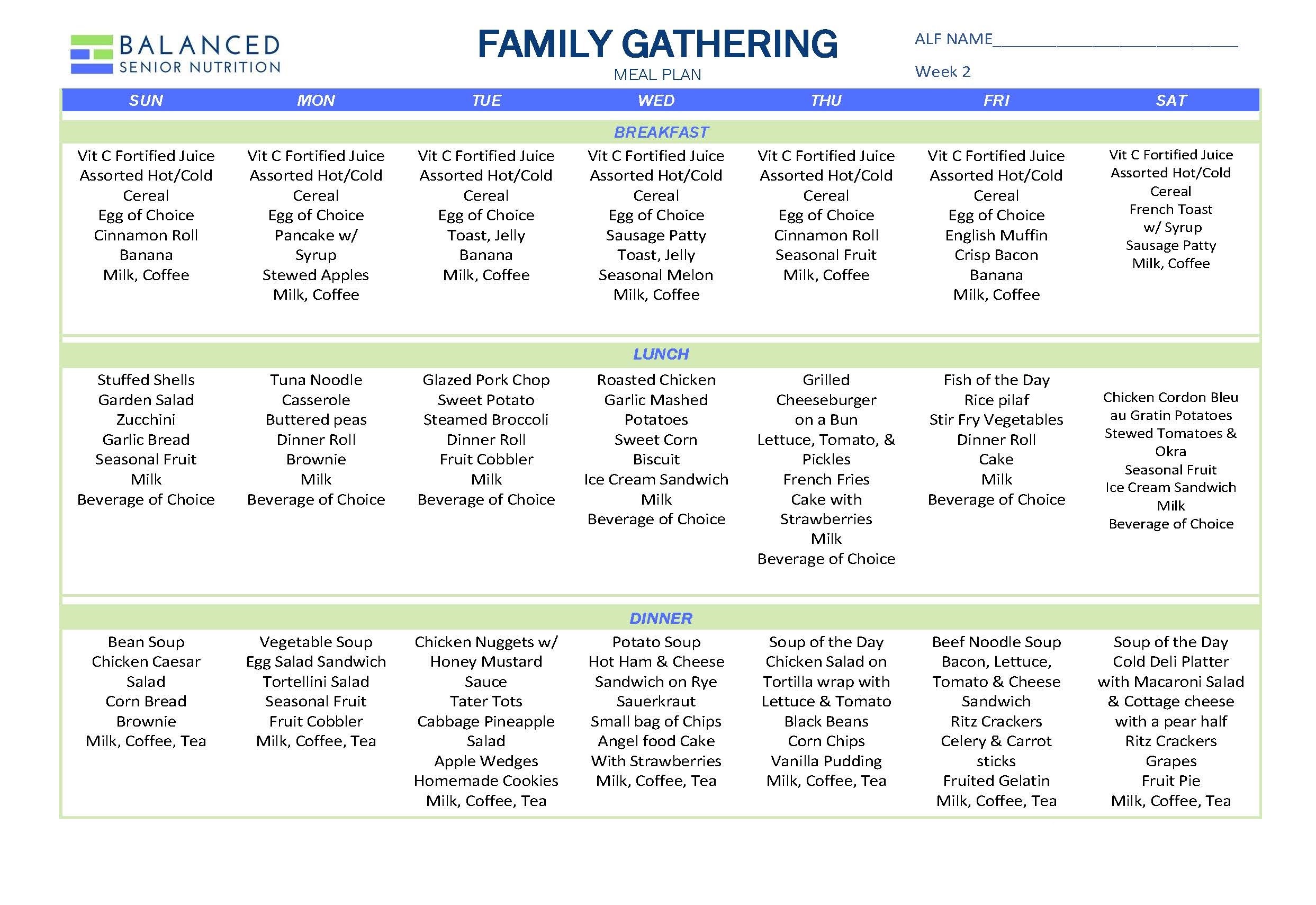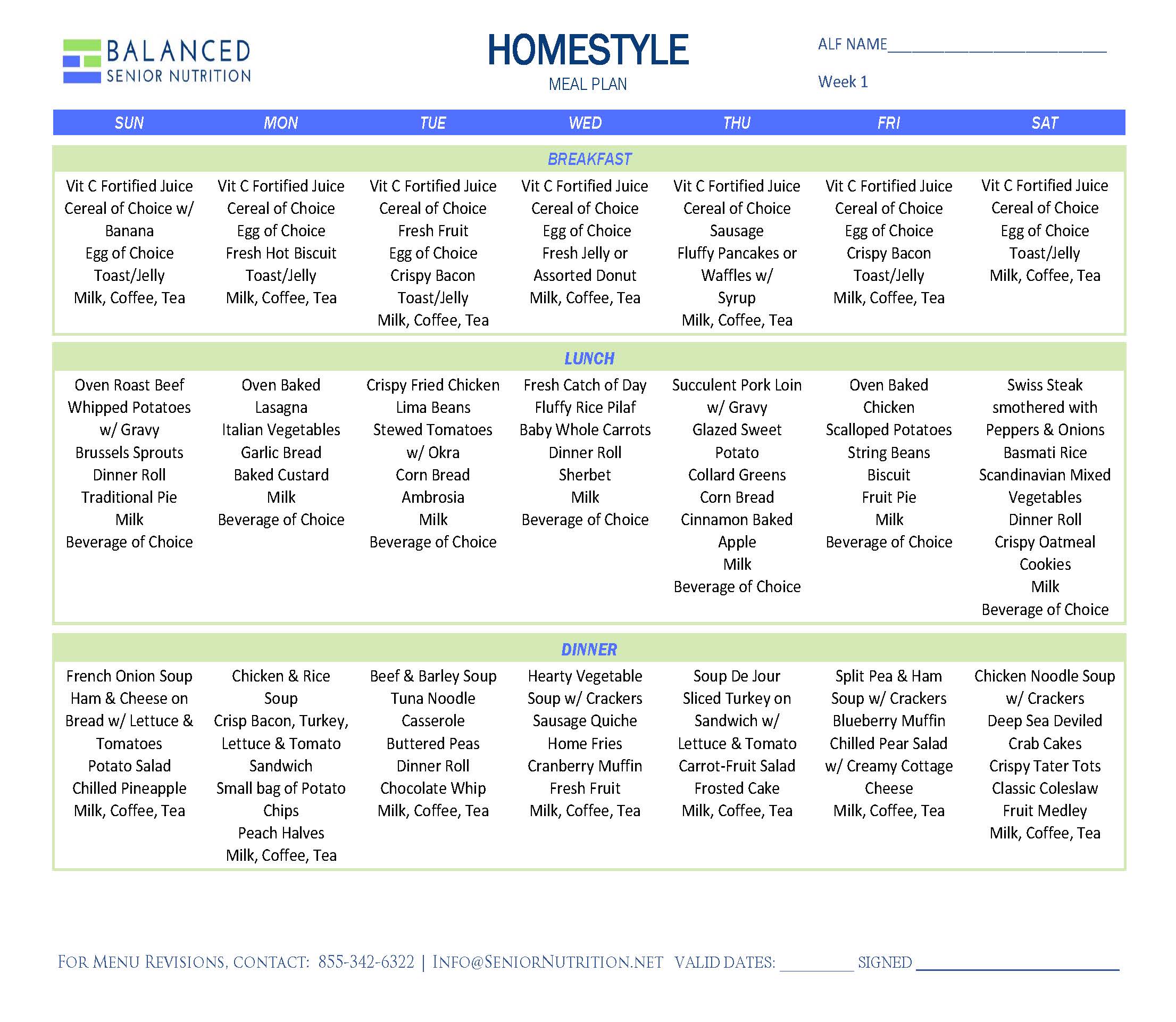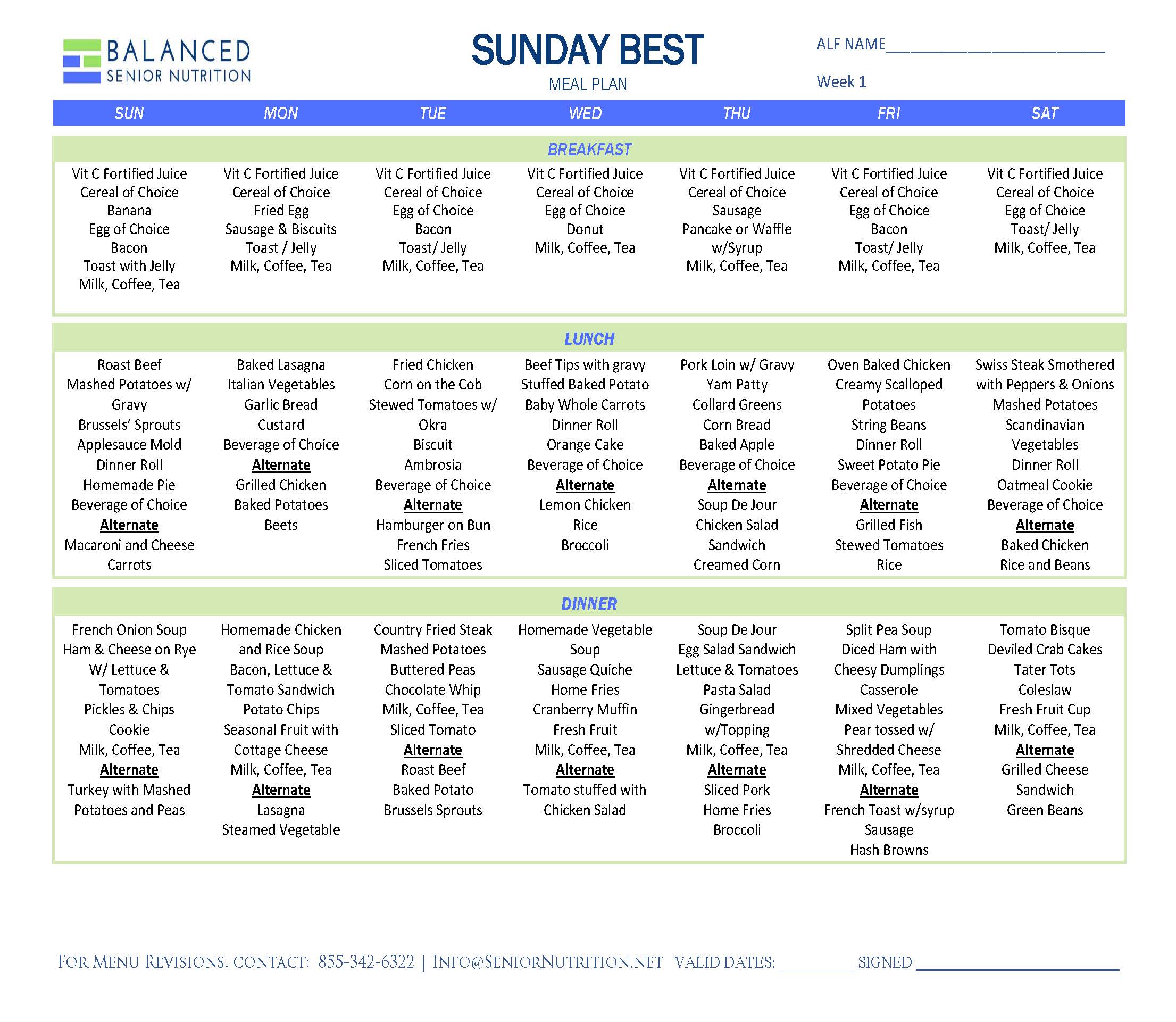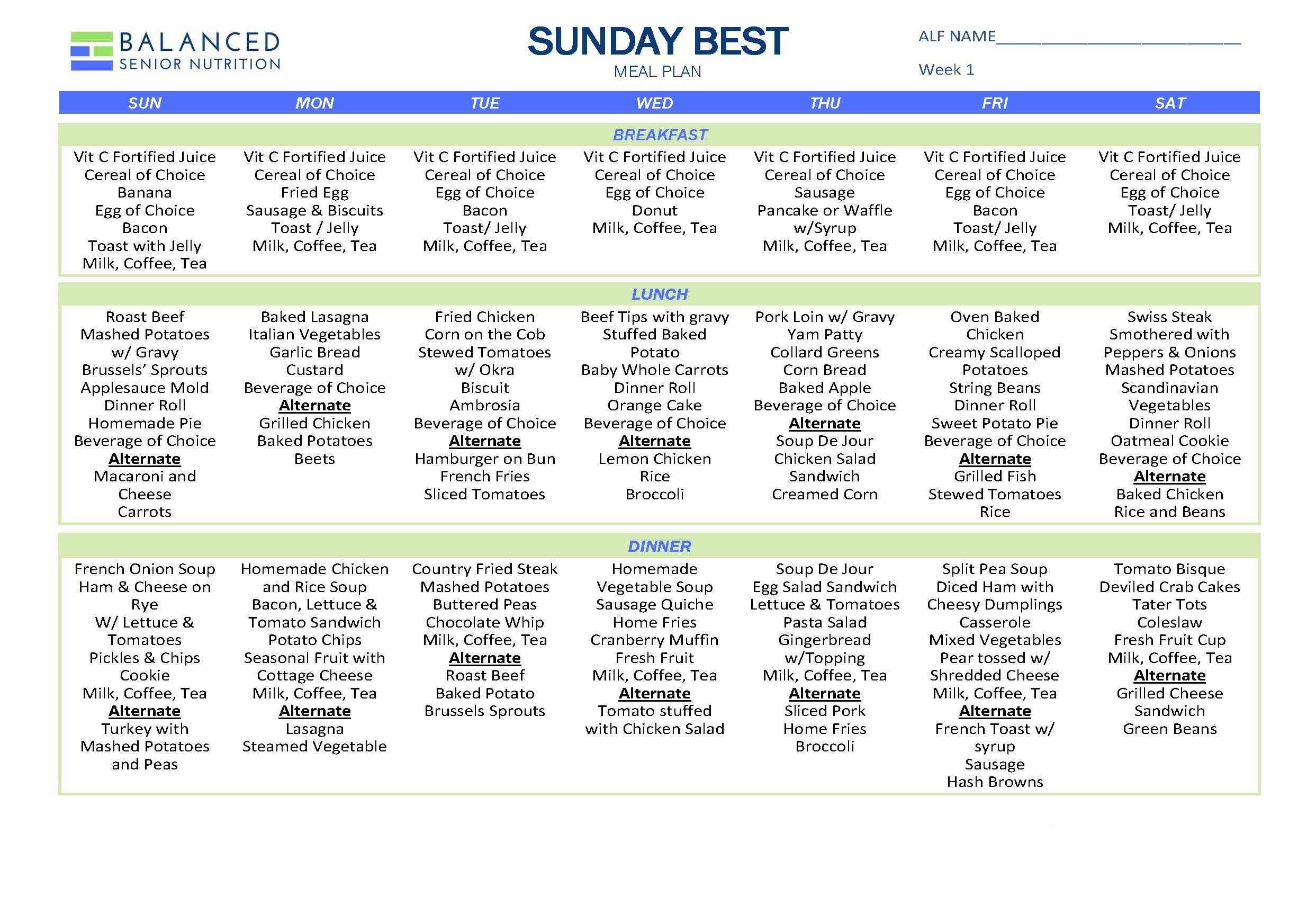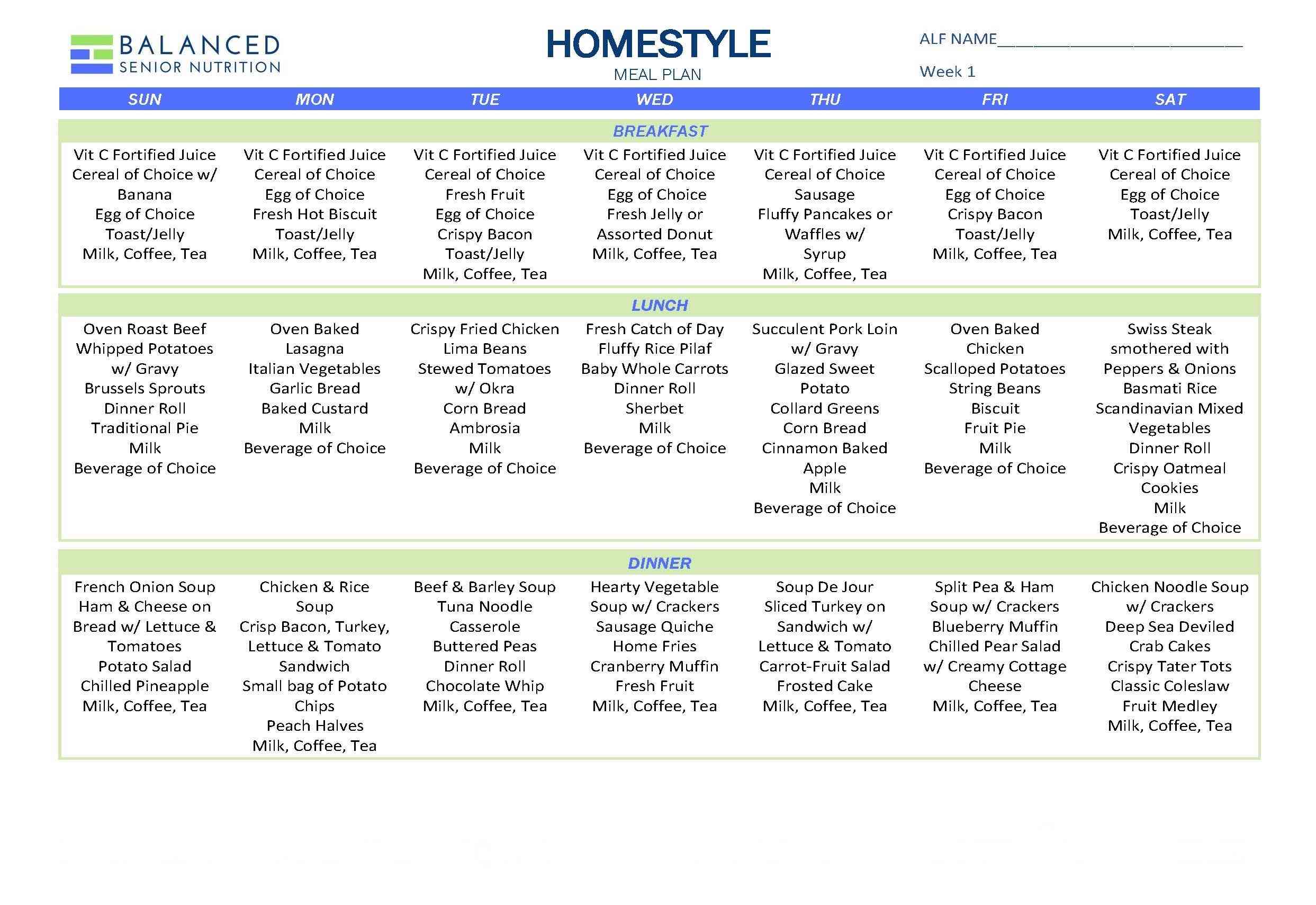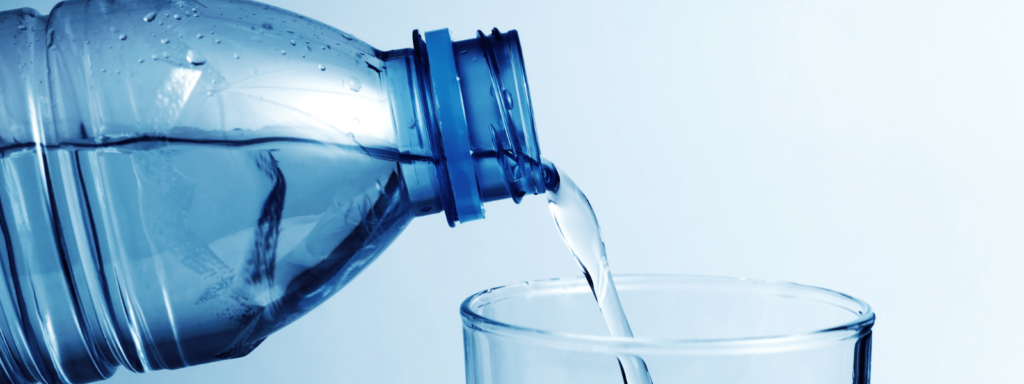
We all know water is essential to life. In fact, you cannot live without it. With that said, how much do you really know about water and how we consume it? Here are eight common misconceptions about the source of life.
Myth 1: Bottled water contains no contaminants making it a better choice over tap water.
Nope. Both bottled water and tap water contain contaminants and both must comply with regulations. That means both are safe. Bottled water is not required to state its source, but tap water’s source must be given.
Myth 2: A water drink fortified in vitamins is the best way to get your residents the vitamins they need daily.
The key phrase here is “the best way.” Healthy food choices provide people with the vitamins they need, and have the added benefit of supplying beneficial fiber and antioxidants.
Myth 3: Drinking water is the only way residents can meet their fluid needs.
False. Beverages such as milk and juice are composed mostly of water. Foods can also provide about 20% of total water intake (watermelon and tomatoes are 90% water by weight). Water is a great choice, but not the only choice to help meet fluid needs.
Myth 4: Sports drinks were designed to give people an energy boost.
Not really. Sports drinks were created to replenish the nutrients athletes sweat out during practice and competition. They are designed to rehydrate and replace electrolytes, essential sugars and other nutrients needed for muscle repair. While they can provide additional energy from the carbs in the form of fructose and sucrose, eating healthy food and drinking water is better for increasing energy.
Myth 5. Enhanced water is the same as a sports drink.
False. Enhanced water generally means vitamins have been added where as a sports drink provides electrolyte replacement of sodium, potassium, calcium or magnesium along with some vitamins as a carbohydrate (energy) source.
Myth 6: Caffeine is the “energy source” in energy drinks.
Not so. While caffeine is said to improve endurance and reduce fatigue, the only actual energy provider in an energy drink is carbohydrates or sugar. But such simple carbs can cause spikes in blood sugar that lead to sluggishness.
Myth 7: The ingredients in energy drinks such as ginseng and taurine make them a better alternative to plain bottled water for boosting energy and immunity.
Not true. Energy drinks contain items with claims such as “immune booster” and “energy booster,” however there is little or no long term data to support these claims. Such drinks do little to contribute to the dietary recommendations in the food guide pyramid for good nutrition.
Myth 8: Energy drinks are safe to drink for everyone in the community.
Absolutely false. Diabetics drinking an energy drink high in sugar can experience a sudden drop in blood sugar levels. The stimulating effect of energy drinks can boost the heart rate and blood pressure, sometimes to the point of palpitations which can be dangerous in those with pre- existing disease.
If you would like to learn more about water and keeping the people in your care hydrated, click here for your free copy of our FREE information guide called The Hydration Equation.
